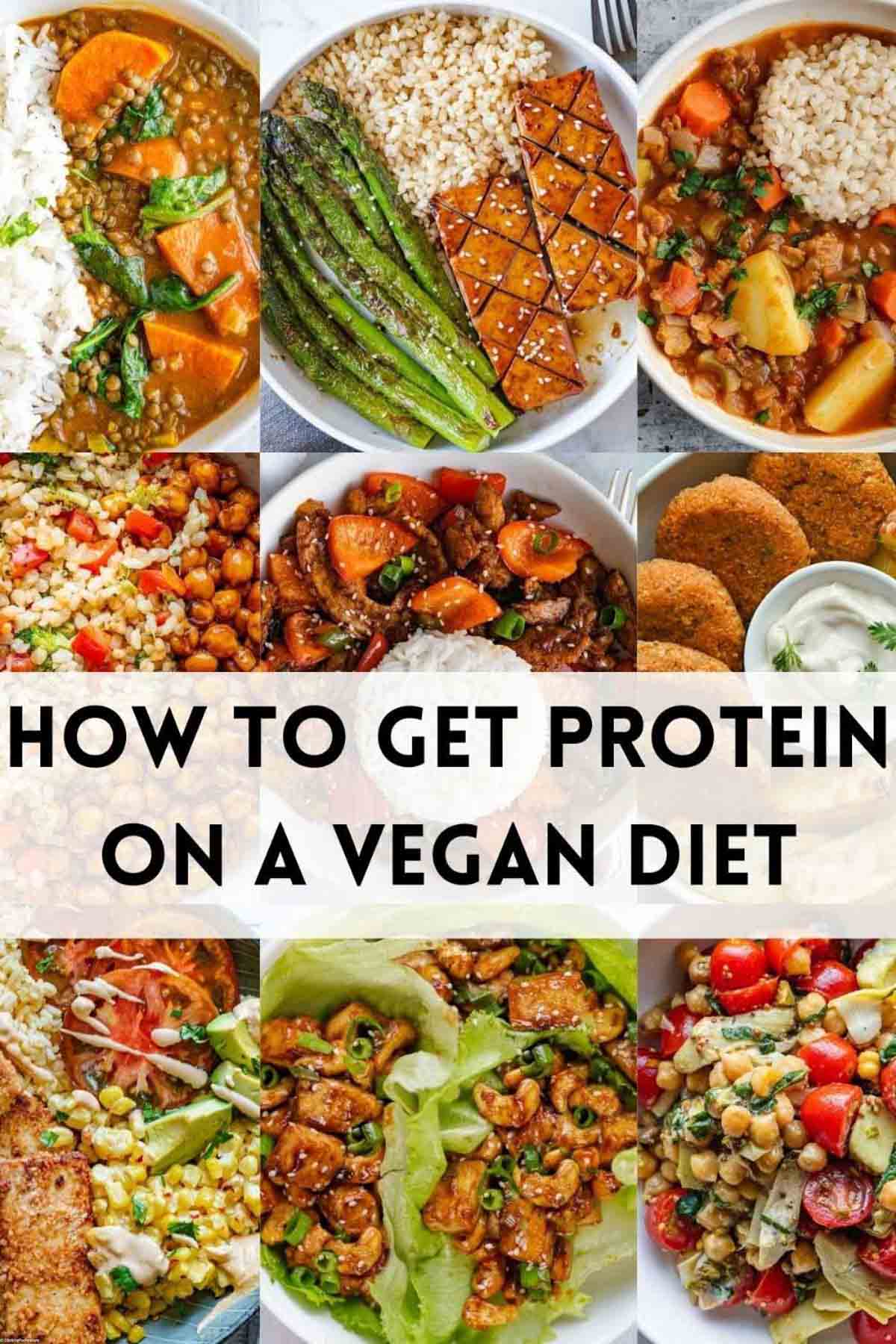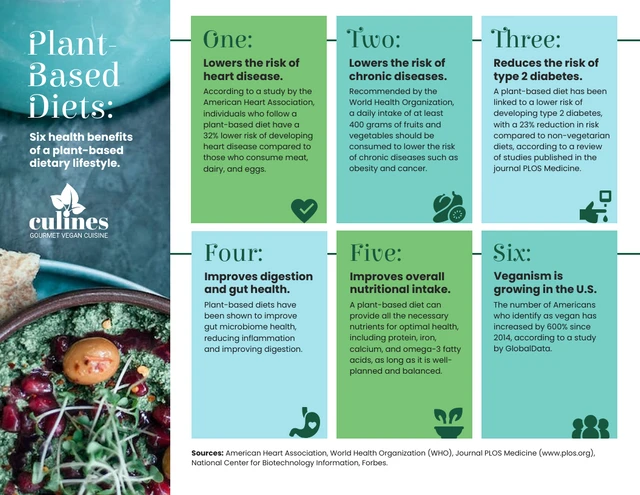To get enough protein on the vegan diet, include foods like lentils, quinoa, tofu, and tempeh. Introducing a plant-based diet can offer numerous health benefits while also being environmentally friendly.
However, concerns about protein intake often arise as meat and dairy products are commonly touted as primary sources. Nonetheless, adopting a vegan diet can provide sufficient protein by incorporating a variety of plant-based options. Foods such as lentils, quinoa, tofu, and tempeh are excellent sources of protein.
Additionally, nuts, seeds, and legumes are rich in this essential nutrient. By understanding these alternatives, individuals can maintain a balanced, protein-packed vegan diet.
The Importance Of Protein On A Vegan Diet
The importance of protein on a vegan diet is often underestimated. Protein is an essential nutrient that plays a crucial role in the growth, repair, and maintenance of tissues in our bodies. Vegans can easily meet their protein requirements by consuming a variety of plant-based sources such as legumes, tofu, tempeh, seeds, and whole grains.
Common misconceptions about protein intake on a vegan diet include the belief that it’s difficult to obtain enough protein solely from plant-based sources. However, research shows that a well-planned vegan diet can provide all the necessary amino acids that our bodies need. Combining different protein sources throughout the day can ensure that all essential amino acids are obtained.
For instance, a meal combining beans and rice forms a complete protein. It’s important for vegans to be mindful of protein intake and consume a balanced diet that includes a variety of plant-based protein sources to meet their daily requirements.

Credit: cookingforpeanuts.com
Plant-based Protein Sources
Eating a vegan diet doesn’t mean sacrificing protein. There are plenty of plant-based protein sources to ensure you get enough protein in your diet. Legumes and pulses, such as lentils, chickpeas, and beans, are excellent sources of protein. They are also rich in fiber, which aids in digestion. Nuts and seeds, such as almonds, chia seeds, and hemp seeds, are also great protein options. They are packed with healthy fats and other nutrients. Whole grains like quinoa, brown rice, and oats, are not only rich in fiber but also contain a good amount of protein. Soy products like tofu and tempeh are popular protein choices for vegans. Lastly, vegetables and greens like broccoli, spinach, and kale contain protein as well. Incorporating these plant-based protein sources into your meals will help you meet your protein needs on a vegan diet.
Optimizing Protein Absorption
Getting enough protein on a vegan diet is achievable by pairing complementary protein sources and incorporating vitamin C rich foods.Pairing legumes with grains, such as beans with rice, provides a complete amino acid profile. Additionally, consuming quinoa, a complete plant-based protein, enhances protein absorption. Incorporating foods high in vitamin C, like bell peppers and citrus fruits, can further optimize protein absorption and utilization in the body. It is essential to prioritize variety in protein sources and include diverse plant-based foods to ensure meeting protein requirements on a vegan diet.
Supplements And Fortified Foods
One way to ensure you get enough protein on a vegan diet is by incorporating supplements and fortified foods. These can include plant-based protein powders, fortified nut milks, and vegan protein bars. Incorporating these options can help you meet your protein needs and maintain a balanced vegan diet.
| Vegan Protein Powders | Include plant-based proteins like pea, rice, or hemp protein powders. |
| Fortified Plant-Based Products | Opt for fortified plant milks, cereals, and nutritional yeast for extra protein. |
Meal Planning For Protein Adequacy
Protein adequacy is a key concern for vegans, but effective meal planning can ensure sufficient intake. Discover tips on obtaining enough protein on a vegan diet.
| Vegan diet can provide adequate protein with proper planning. |
| Balancing macronutrients such as beans, lentils, tofu, and quinoa helps. |
| Smart snacking options like nuts, seeds, and edamame offer protein boost. |
| Recipes high in protein include chickpea curry, black bean burgers, and lentil soup. |

Credit: www.bbcgoodfood.com

Credit: venngage.com
Frequently Asked Questions On How To Get Enough Protein On The Vegan Diet
How Can A Vegan Get 100g Of Protein A Day?
A vegan can get 100g of protein a day through plant-based foods like tofu, tempeh, lentils, chickpeas, quinoa, nuts, and seeds. Incorporating a variety of these protein-rich plant foods into meals can help meet the daily protein needs.
What Vegan Foods Are High In Protein?
Plant-based sources high in protein include tofu, tempeh, lentils, chickpeas, and quinoa. Other options are edamame, seitan, and hemp seeds. These foods provide essential amino acids and are beneficial for vegans seeking protein.
How Do Vegans Get Complete Protein?
Vegans get complete protein by combining plant-based sources like legumes, nuts, seeds, and grains. This ensures they consume all essential amino acids for a balanced diet.
How Can Vegans Get 150g Protein A Day?
Vegans can reach 150g protein daily by eating soy products, legumes, quinoa, nuts, seeds, and tofu. Protein-rich foods are key.
Conclusion
Incorporating enough protein into a vegan diet is achievable and essential for maintaining a healthy lifestyle. By including a variety of plant-based protein sources such as legumes, tofu, tempeh, and quinoa, individuals can easily meet their dietary needs. With some creativity and knowledge, vegan protein can be delicious, diverse, and fulfilling.
